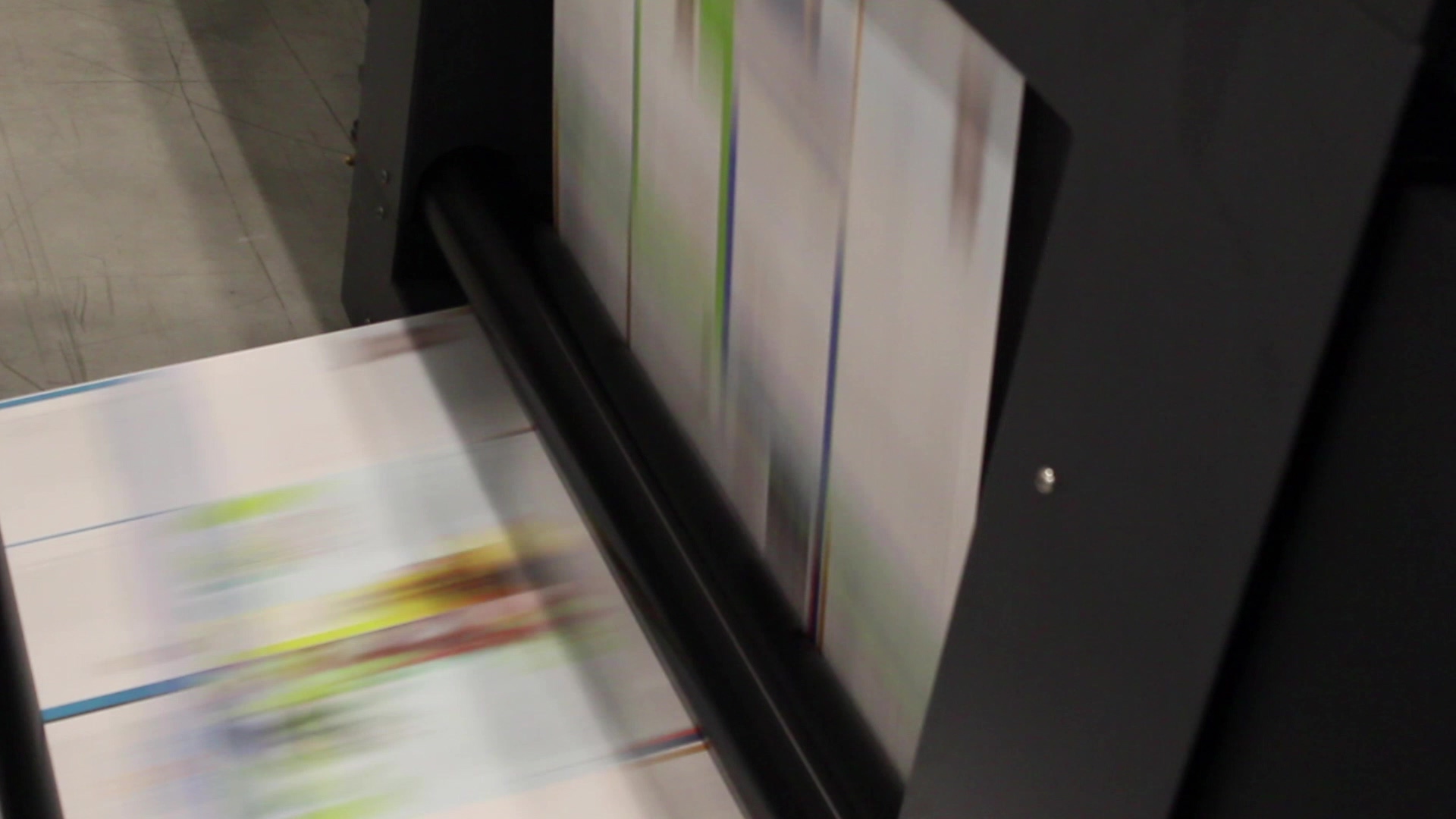
In the fast-moving world of printing, there is no shortage of options available to those wishing to bring their projects to life. Publishers have their pick of trim sizes, paper weights, and paper stocks when designing their products.
When discussing paper stocks with your print vendor, a good topic to review is the distinction between offset and opaque. The opacity of a paper type refers to the degree of light able to pass through it. Lower opacity allows for more passage of light creating more show through than a high opacity sheet. Hence, an opaque sheet, which allows less passage of light and less printing from the back side of the page.
| 60# Offset | 60# Opaque | 50# Offset | 50# Opaque | 40# Equal Offset | 42.5# Equal Offset | |
| Brightness | 94 | 96 | 94 | 96 | 83 | 83 |
| Opacity | 92 | 95 | 90 | 93 | 91 | 92 |
| PPI | 444 | 466 | 512 | 526 | 580 | 534 |
| Pricing | 0% | + 20% | 0% | + 20% | 0% | 0% |
Crafted from wood pulp, offset paper affords publishers an option that is versatile, high-quality, and more cost-effective than opaque stocks. While opaque stocks have higher opacity, the comparison to offset is minimal. Images and type remain crisp and clear, all while offering quick turnaround times. Additionally, with a level of scalability not found in opaque solutions, high-volume offset projects will experience less stoppage time after initial setup on press.
Generally, whether sheet-fed or web-fed, high volume or low, an offset project is a stand-out choice in a world of many. However, one might want to take into consideration, the amount of ink coverage your design will require and paper availability during these unpredictable paper market conditions.

